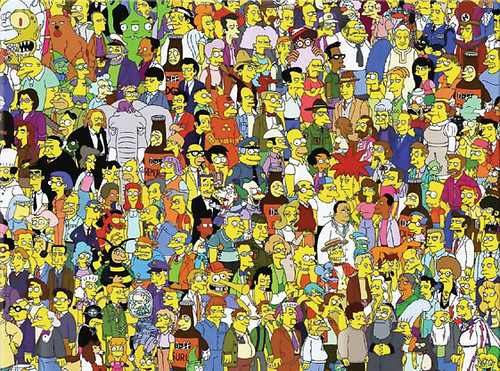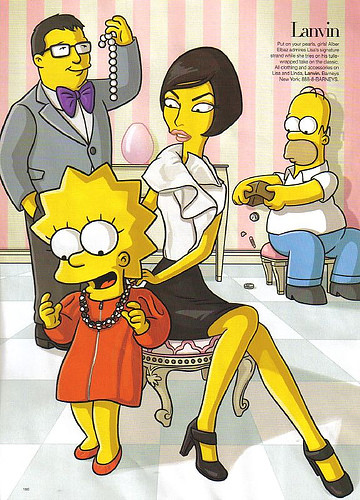The Simpsons, a television institution that has shaped pop culture for decades, has never shied away from controversy. It has drawn both praise and criticism for its satire, including comments from political figures such as former First Lady Barbara Bush, who once dismissed the show as “the dumbest thing I have ever seen.” In response, the 1996 episode Two Bad Neighbours depicted George and Barbara Bush as the Simpsons’ new neighbors, highlighting generational and ideological conflicts.
The Show’s Longevity and Cultural Influence
From its early days as interludes on The Tracey Ullman Show in 1987 to becoming the longest-running scripted television series in history, The Simpsons has remained a staple of American entertainment. While its golden age is often considered to be between seasons three and thirteen, the show continues to produce new episodes, albeit with a shift from character-driven storytelling to broader pop-culture humor.
The series’ ability to parody cultural and political moments is a key factor in its endurance. It has drawn upon classic films, music, and historical events to craft a microcosm of American society. Characters like Mayor Quimby (modeled after JFK), Chief Wiggum (reminiscent of Edward G. Robinson), and others showcase The Simpsons’ knack for caricature and satire.

The Apu Controversy and Representation in Media
Recent debates surrounding racial representation have put The Simpsons under scrutiny, particularly with the character of Apu Nahasapeemapetilon. Initially celebrated as a rare South Asian presence in American media, Apu has since been criticized for reinforcing stereotypes. Hari Kondabolu’s documentary The Problem with Apu shed light on how the character’s depiction contributed to racial insensitivity. Actor Hank Azaria, who has voiced Apu for decades, has acknowledged the issue and expressed willingness to step aside to facilitate a more appropriate portrayal.
This controversy reflects a broader discussion on how The Simpsons, a show built on exaggerated stereotypes, navigates evolving social expectations. Many characters, from Groundskeeper Willie to Luigi the Italian chef, rely on broad ethnic portrayals, making it imperative for the show to reassess its approach to representation.

Political Satire and Relevance in the Modern Era
Despite shifting comedic tones, The Simpsons has maintained sharp political commentary. Classic lines such as Sideshow Bob’s remark—“Your guilty conscience may move you to vote Democratic, but deep down you long for a cold-hearted Republican to lower taxes, brutalize criminals and rule you like a king”—still resonate in contemporary political discourse.
While the show remains beloved, it has also faded from the spotlight, often overshadowed by newer animated series. Occasional storylines addressing contemporary politics or the decision to retire characters may draw attention, but The Simpsons is no longer the cultural juggernaut it once was.
A Legacy That Endures
Regardless of its current standing, The Simpsons’ legacy is undeniable. It introduced iconic characters like Troy McClure, Moe Szyslak, and Principal Skinner, creating a vast and unforgettable world. The resolution of the Apu controversy could shape the show’s future, determining whether it adapts to contemporary sensibilities or remains locked in its past glory.
For better or worse, The Simpsons continues to be a defining piece of television history.





4 Comments